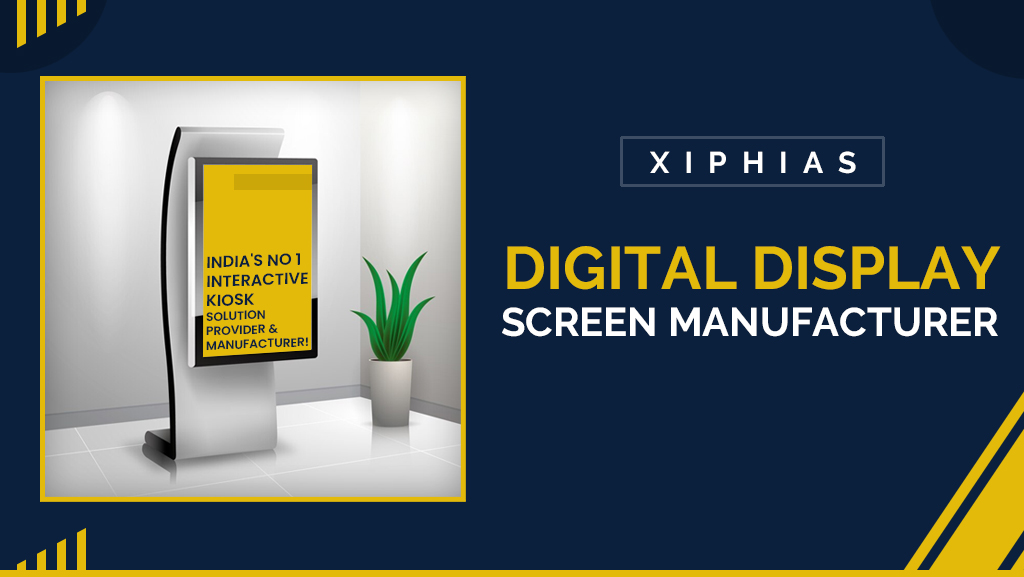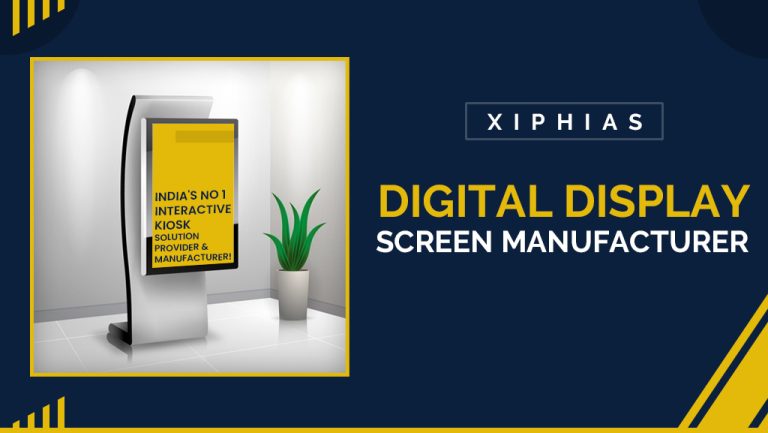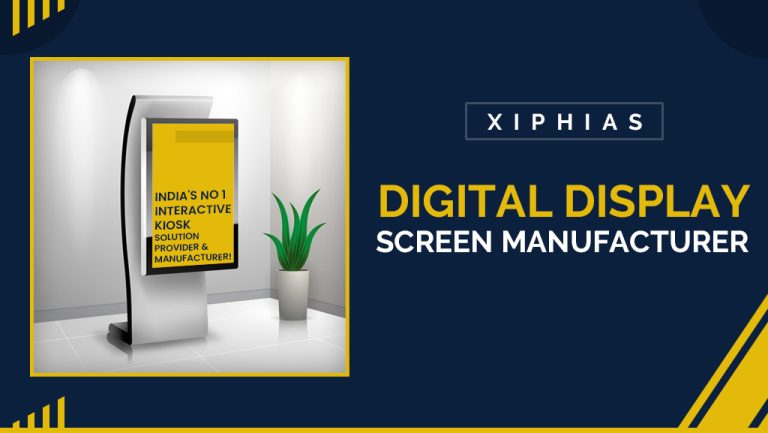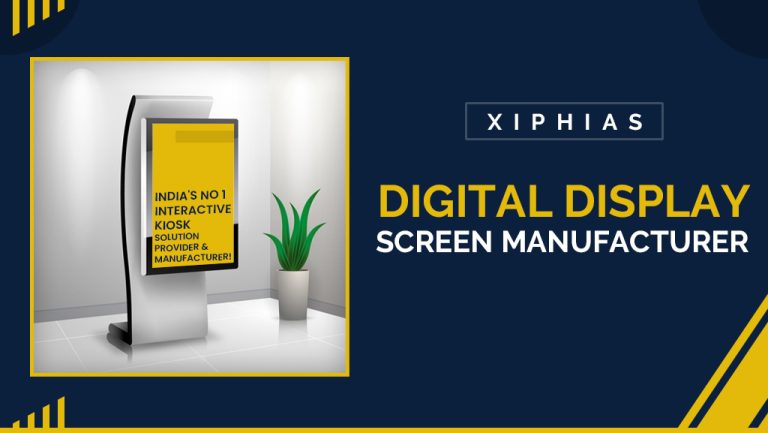How Advertisement Standing Displays Can Drive Sales and Awareness?
In today’s competitive marketplace, businesses are constantly seeking innovative ways to capture the attention of consumers and drive sales. Advertisement standing displays have emerged as a highly effective tool for achieving these goals, offering a versatile and impactful platform for promoting products, services, and brand messages. From retail stores and trade shows to events and public spaces, these displays play a crucial role in engaging audiences, driving brand awareness, and ultimately, boosting sales. Let’s explore how advertisement standing displays can drive sales and awareness for businesses across various industries.
1. Captivating Visual Presence
Advertisement standing displays command attention with their eye-catching designs, vibrant colors, and compelling visuals. Placed strategically in high-traffic areas, these displays serve as attention magnets, drawing customers’ gaze and piquing their interest. Whether it’s showcasing new products, highlighting promotions, or communicating brand messages, visually appealing displays leave a lasting impression on viewers, increasing brand recall and driving awareness.
2. Targeted Messaging
One of the key advantages of advertisement standing displays is their ability to deliver targeted messaging to specific audiences. By tailoring content to the demographics, interests, and preferences of the target audience, businesses can effectively communicate their value proposition and drive relevance. Whether it’s promoting seasonal offers to shoppers in a retail environment or showcasing product features at a trade show, targeted messaging ensures that the right message reaches the right audience at the right time, maximizing impact and driving sales.
3. Enhancing Product Visibility
Advertisement standing displays provide a dedicated space to showcase products and highlight their key features and benefits. Whether it’s a standalone display featuring a single product or a multi-tiered display showcasing a range of offerings, these displays ensure that products stand out amidst the competition. By enhancing product visibility and creating a visually engaging presentation, businesses can attract customers’ attention, generate interest, and ultimately, drive sales.
4. Driving Impulse Purchases
Well-designed advertisement standing displays have the power to trigger impulse purchases by capitalizing on customers’ emotions and desires. Whether it’s through limited-time offers, compelling visuals, or persuasive messaging, these displays create a sense of urgency and FOMO (fear of missing out) that prompts customers to make spontaneous buying decisions. By strategically positioning impulse items near checkout counters or entranceways, businesses can capitalize on impulse purchases and drive incremental sales.
5. Facilitating Interactive Engagement
Advertisement standing displays can serve as interactive hubs that engage customers in meaningful ways. From touchscreens and interactive kiosks to QR codes and augmented reality experiences, these displays offer opportunities for customers to interact with content, explore products, and gather information. Interactive engagement not only enhances the overall customer experience but also fosters deeper connections with the brand, driving brand loyalty and advocacy.
6. Reinforcing Brand Identity
Consistent branding is essential for building brand recognition and loyalty. Advertisement standing displays provide a powerful platform for reinforcing brand identity and conveying brand values to customers. By incorporating brand elements such as logos, colors, and messaging into display designs, businesses can create cohesive brand experiences that resonate with customers and strengthen brand affinity. Consistent branding across all touchpoints helps to reinforce brand identity, increase brand recall, and ultimately, drive sales and awareness.
7. Measuring Impact and ROI
Advertisement standing displays offer opportunities for businesses to measure the impact of their advertising efforts and track return on investment (ROI). By incorporating QR codes, NFC tags, or unique promotional codes into display designs, businesses can track customer interactions, monitor engagement levels, and measure conversion rates. This data-driven approach enables businesses to refine their advertising strategies, optimize display designs, and maximize the effectiveness of their marketing investments.
Conclusion
Advertisement standing displays are a powerful tool for driving sales and awareness in today’s competitive marketplace. With their captivating visual presence, targeted messaging, product visibility, and interactive. engagement capabilities, these displays offer businesses a versatile and impactful platform for promoting their products, services, and brand messages. By leveraging the power of advertisement standing displays, businesses can attract customers’ attention, drive sales, and ultimately, achieve their marketing objectives with confidence and success.




